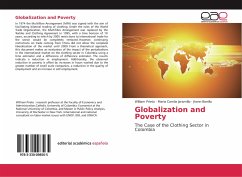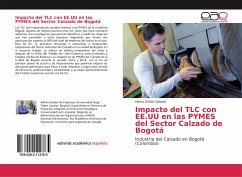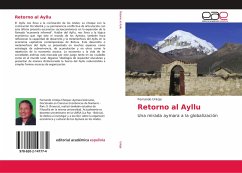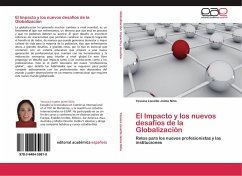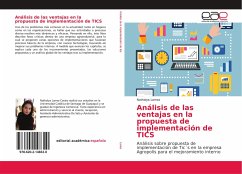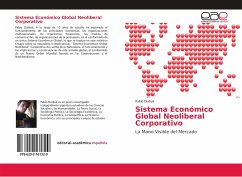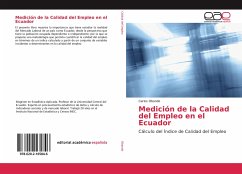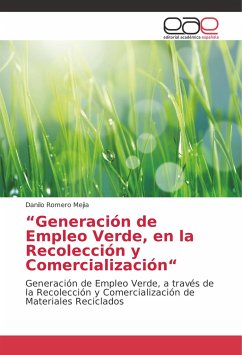In 1974 the Multifibre Arrangement (MFA) was signed with the aim of facilitating bilateral trading of clothing. Under the rules of the World Trade Organization, the Multifibre Arrangement was replaced by the Textiles and Clothing Agreement in 1995, with a time horizon of 10 years, according to which by 2005 restrictions to international trade for the sector would be completely removed. However, continuing restrictions on trade coming from China did not allow the complete liberalization of the market until 2009. From a theoretical approach, this document makes an evaluation of the impact of the perturbations in the international market on the clothing sector in Colombia using a time estimator and a difference of difference estimator. The results indicate a reduction in employment. Additionally, the observed reduction in poverty is offset by increases in hours worked due to the greater number of small scale companies, a reduction in the quality of employment and an increase in self-employment.
Bitte wählen Sie Ihr Anliegen aus.
Rechnungen
Retourenschein anfordern
Bestellstatus
Storno

